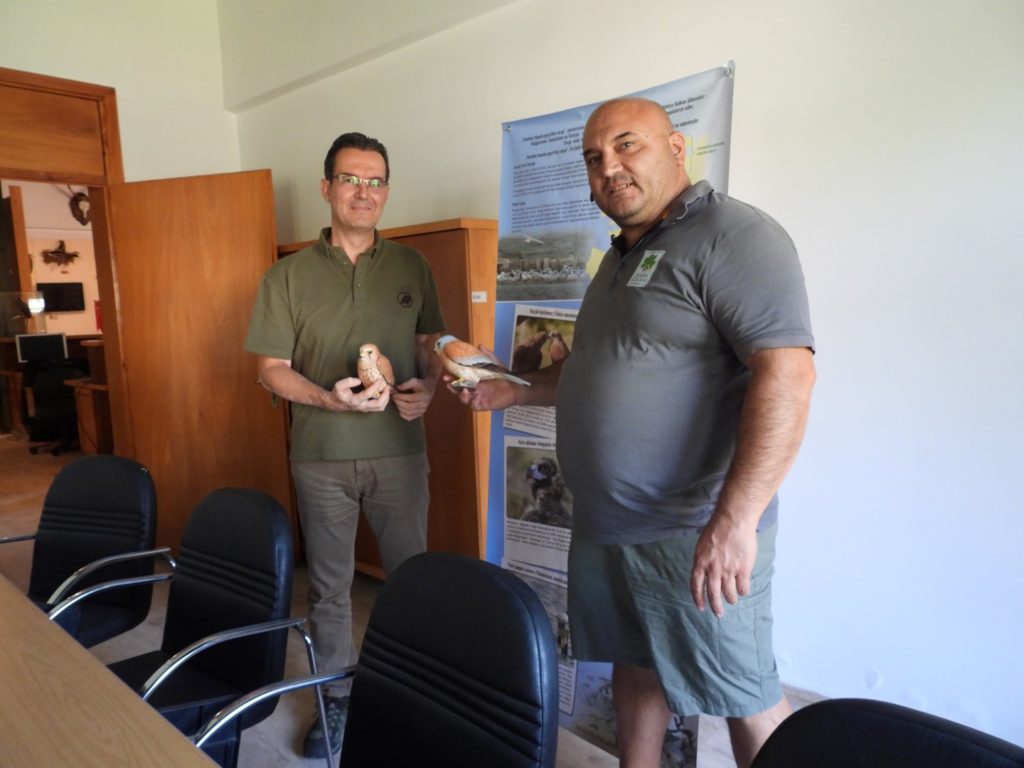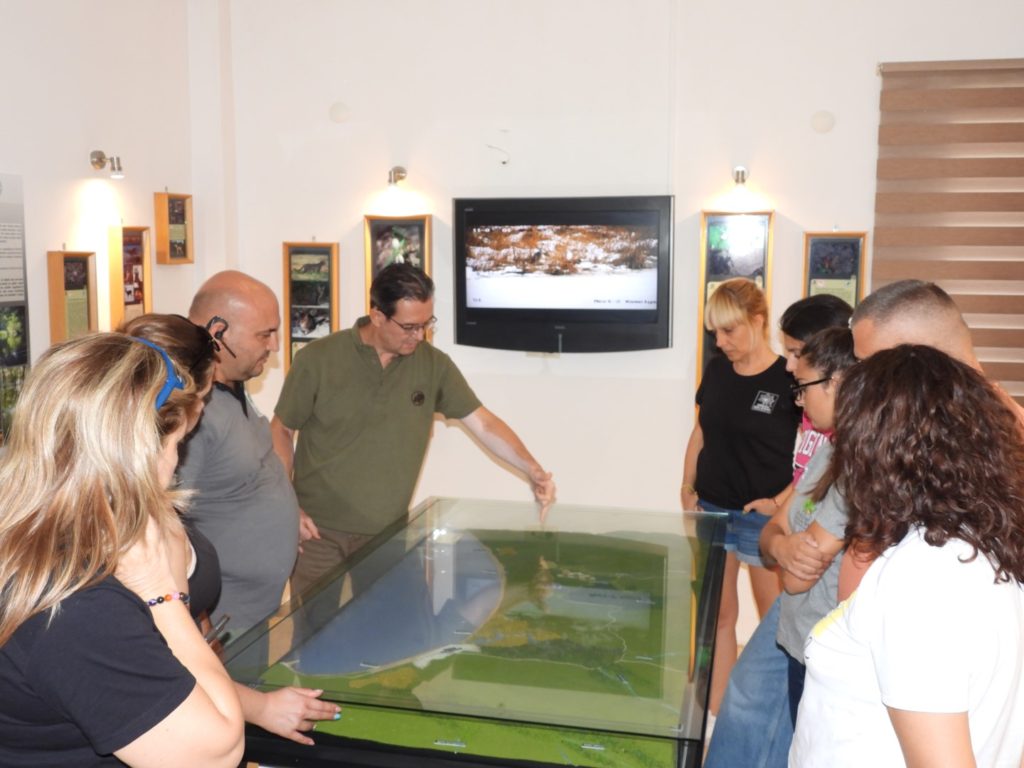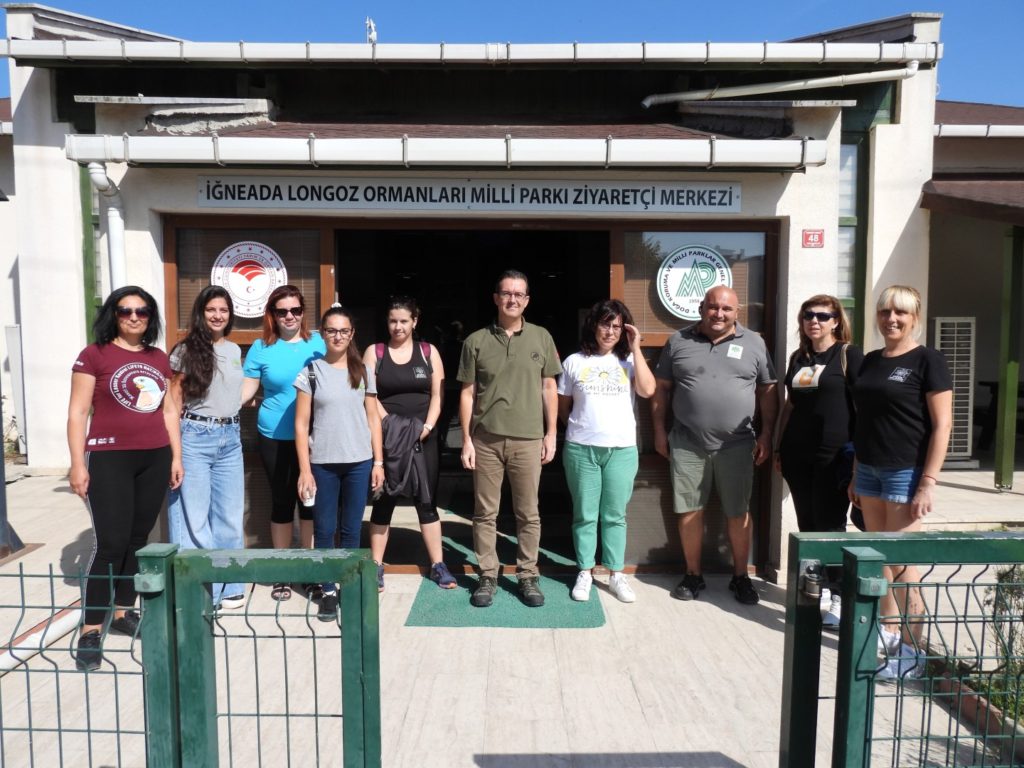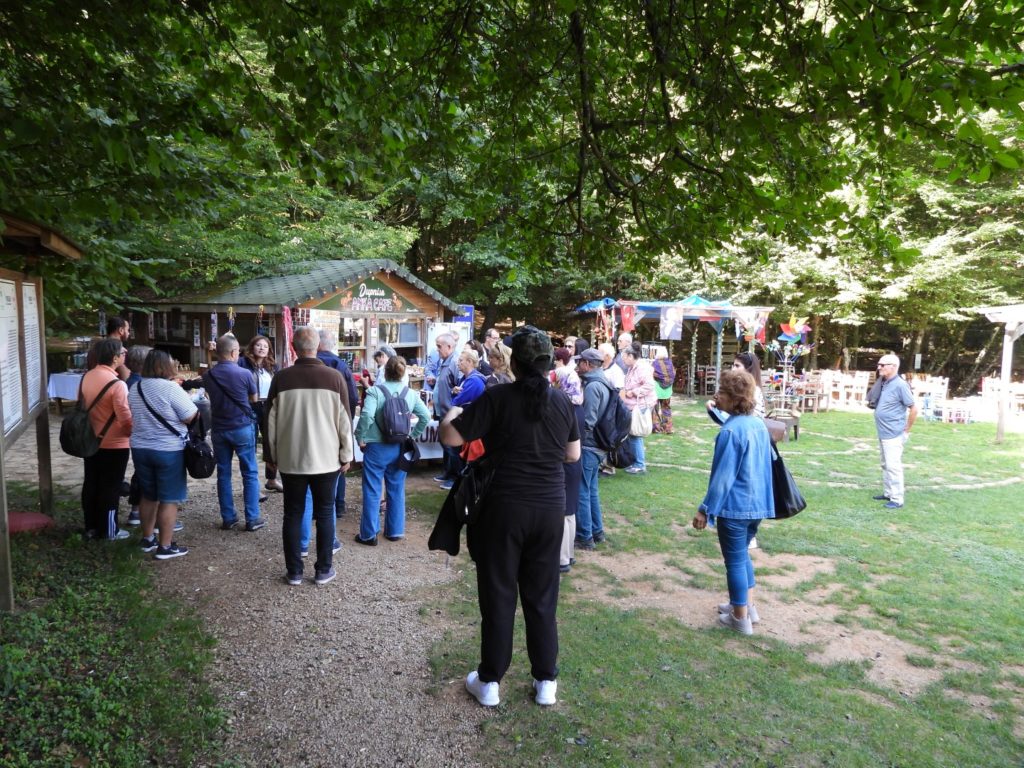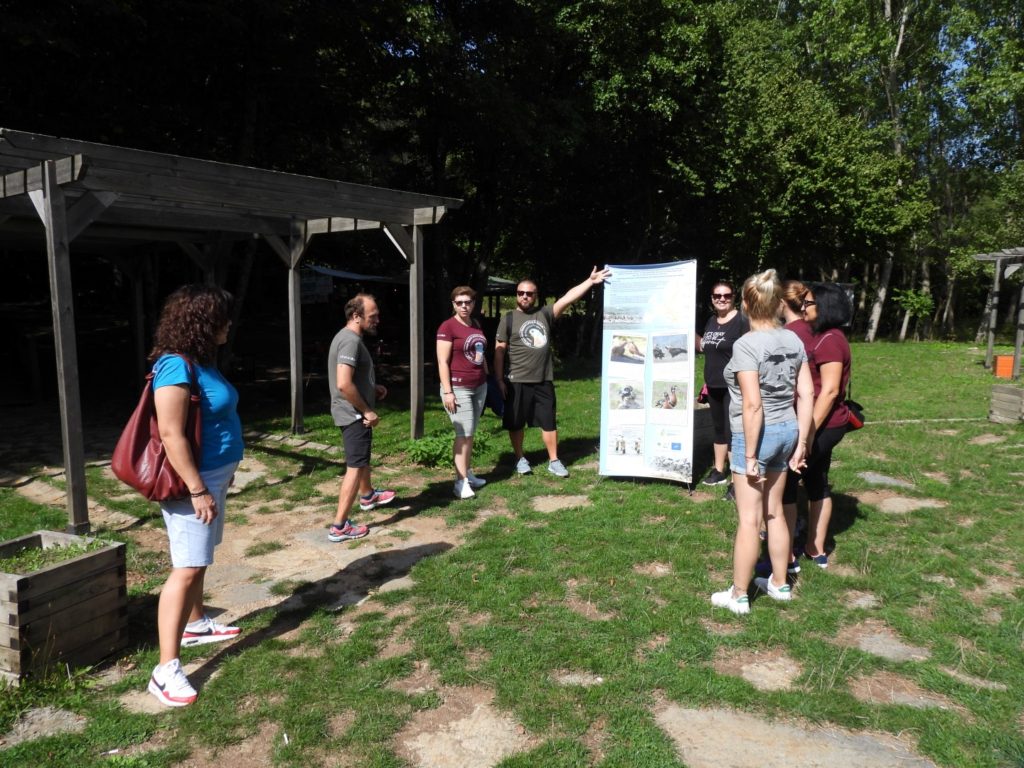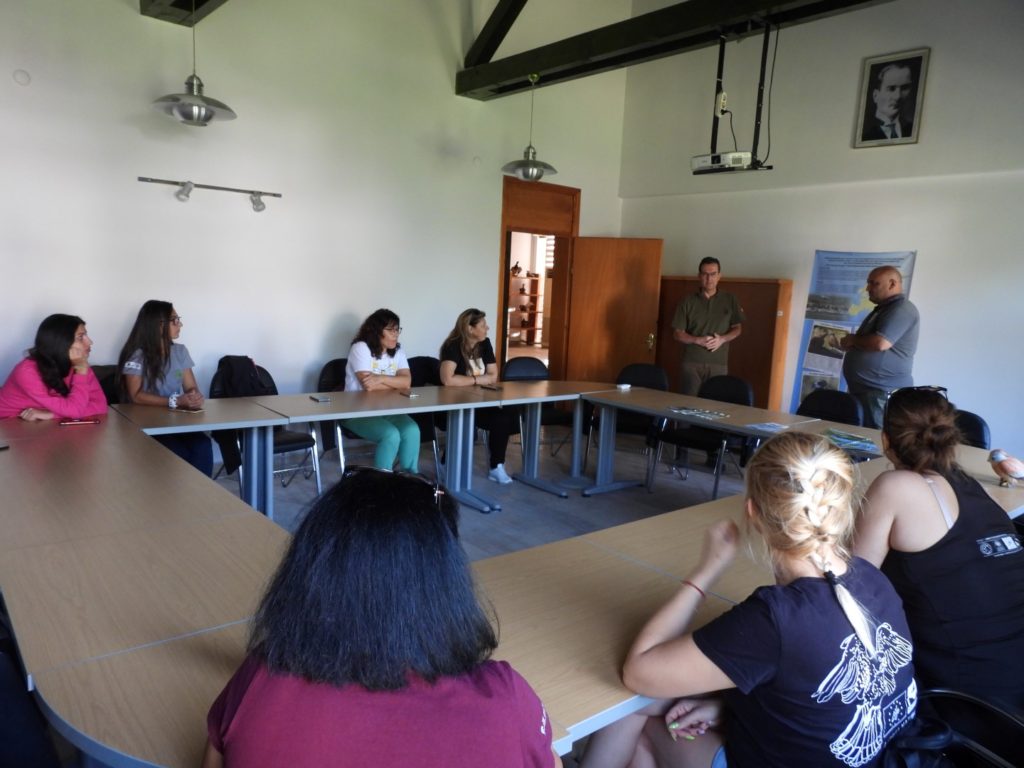
We celebrated European Green Belt Day by introducing the characteristics of the natural and cultural heritage that has been preserved in the Istranca Mountains from the past to the present.
European Green Belt Day is traditionally celebrated with events in many countries in the European Green Belt, taking place between September 18th and 24th each year.
The Istranca Mountains have preserved their natural and traditional appearances in recent history, primarily due to limited access in the border regions on both sides of the ‘Iron Curtain,’ and they have remained relatively unknown places.
Between September 22nd and 23rd, our cooperating partners from Bulgaria, Green Balkans, visited the ‘Igneada Longoz Forests National Park’ region, where representatives from the National Park Directorate hosted the event. Participants presented the international initiative and the benefits of joint nature conservation on both sides of the border in Igneada. Mr. Zafer Kamay, the National Park Director, provided detailed information about the lakes, the Longoz forests, and the biodiversity in the Directorate’s area. Additionally, during the event, participants visited the bird observation tower, nature hiking trails, and camping areas within the national park.
Guests from Green Balkans presented realistic models of lesser kestrels, created as part of the “Life for Lesser Kestrel” LIFE19 NAT/BG/001017 project funded by the European Union’s LIFE Programme, to the Information Center of the National Park. These exhibits were immediately placed in the Center’s permanent exhibition, allowing visitors to learn about the lesser kestrel, a rare bird of prey specific to the border regions of Bulgaria and Turkey.
This year, the focus of the Green Belt Day celebration was on productivity and harvest in the border regions (which was also celebrated with a Harvest Festival in Bulgaria). Participants visited the traditional market for local food, beverages, and other homemade products in front of the Dupnisa Cave, one of the major tourist attractions in the Kırklareli region. Representatives from Green Balkans and Plovdiv Agricultural University in Bulgaria provided information about mountain tea, an extremely beneficial plant. Mountain tea is rare and protected by law in Bulgaria and is quite common in the southern regions of Istranca, popular for making herbal tea. Guests also had the opportunity to sample local flavors in the region.

